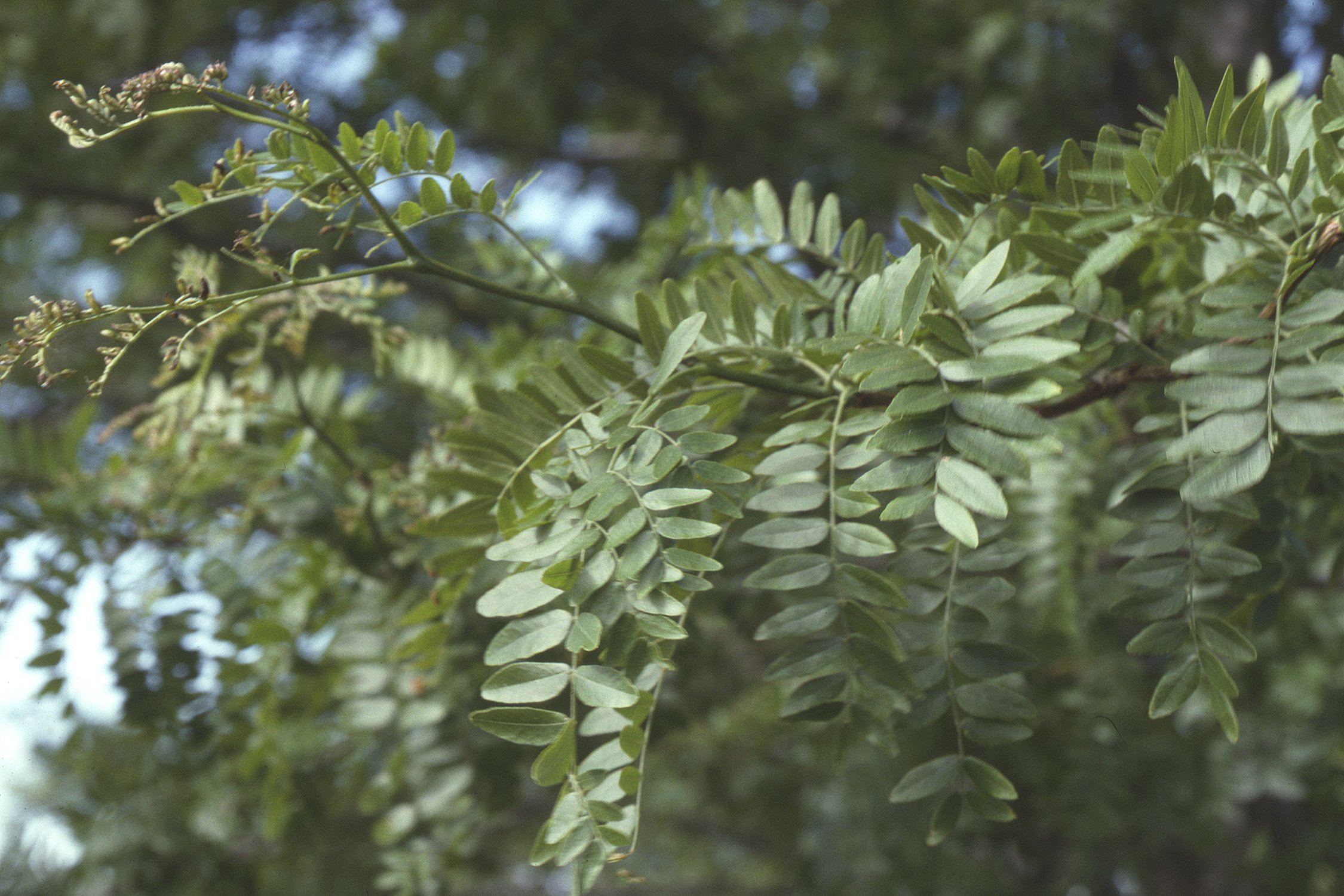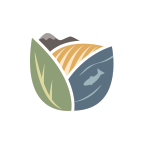
Urban and Community Forestry Program
If you have questions about the program or eligibility requirements, please reach out to our forestry team:
forestry@clarkcd.org
We're excited to continue to plant trees in Clark County with new programming focused in Hazel Dell and the Cougar Creek watershed starting in summer 2025. This project will be done in partnership with Friends of Trees with funding provided by the Lower Columbia Fish Recovery Board.
Want a Free Tree for Your Yard or on Your Street?
Clark County residents in the Hazel Dell Community and Cougar Creek watershed are eligible for free trees. Not sure if you're eligible? Fill out the form and we'll get back to you. Please note: City of Vancouver residents are not eligible under our current funding.
Please note that completing the interest form does not guarantee a free tree and is non-binding.
Not eligible but interested in free trees? Feel free to fill out the form to help us know where trees are wanted with future funding opportunities!
Why is Urban Tree Cover Important?
Removal of pollutants from the air, soil, and water, especially in aiding stormwater management.
Cooling the surrounding area by releasing water vapor, which helps mitigate the urban heat island effect.
Interception of rainfall, reducing stormwater runoff, and lowering infrastructure costs for its management.
Energy savings and reduced greenhouse gas emissions thanks to the shade provided.
Carbon sequestration.
Increased property values.
In addition, living in tree-rich areas has been shown to reduce mortality rates, cardiovascular disease, stress, and depression. Access to green spaces is also linked to greater happiness and cognitive development!
Urban tree cover refers to the canopy of trees that shelter the ground when viewed from above. However, trees in urban areas offer much more than shade. They provide numerous ecosystem services, or environmental benefits, and enhance our communities in ways we can experience firsthand. By planting trees throughout Clark County, we can enjoy a wide range of benefits, including:
TreePlotter™ Community Engagement Map
Ever wanted to know the species of a tree you pass by everyday? What about the amount of benefits created by the street tree in front of your home? This map is the place to find those answers, become informed, and connect with your local community forest. The TreePlotter™ Community Engagement Map provides real-time access to our city's tree data.


